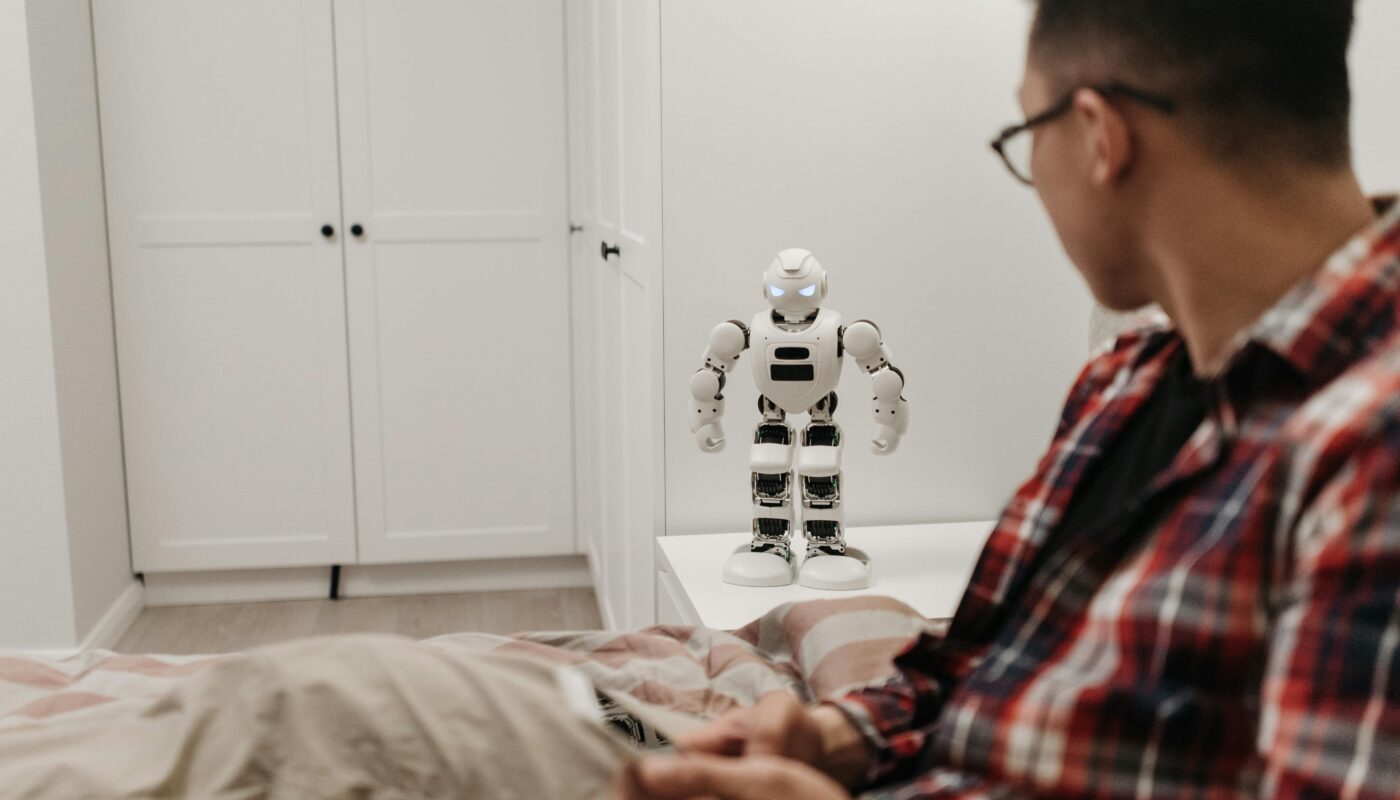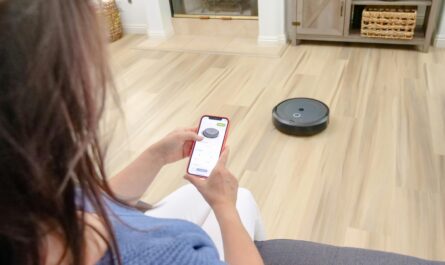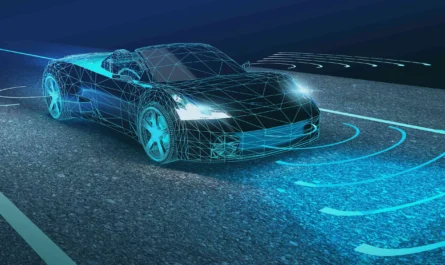When people think of artificial intelligence (AI), images of humanoid robots or futuristic labs often come to mind. But in 2025, AI is no longer just a buzzword or something reserved for big tech companies. It’s woven into the fabric of our daily lives — often so seamlessly that many of us don’t even realize we’re interacting with it.
From the way we shop to how we communicate, artificial intelligence is quietly shaping our routines. Let’s explore the subtle yet powerful ways AI is transforming life as we know it.
1. Smarter Shopping Experiences
Online shopping is one of the most obvious places where AI touches our lives. Recommendation engines, powered by AI, analyze browsing history, past purchases, and even search habits to suggest products we’re likely to buy.
This means when you log onto Amazon, Walmart, or even your local grocery app, AI is behind those “you might also like” suggestions. Beyond e-commerce, AI is also shaping in-store experiences. Some retail chains use AI-powered cameras to monitor inventory and track shopping patterns, ensuring shelves are stocked and checkout lines move faster.
2. Voice Assistants That Understand You Better
Siri, Alexa, and Google Assistant have become household names, but their capabilities continue to evolve. Thanks to advances in natural language processing, these assistants don’t just respond to commands — they now understand context and intent.
For example, asking “What’s the weather like?” followed by “Do I need an umbrella tomorrow?” feels like a natural conversation. Behind the scenes, AI is connecting the dots, learning your preferences, and personalizing answers over time.
3. AI in Healthcare at Your Fingertips
Healthcare is being quietly revolutionized by artificial intelligence. Fitness trackers and smartwatches analyze data like heart rate, sleep quality, and oxygen levels, providing real-time feedback and early warnings about potential issues.
Some apps use AI to interpret symptoms and recommend whether you should see a doctor, while telehealth platforms rely on AI to triage patient concerns efficiently. The impact is significant: more personalized care, quicker diagnoses, and preventive measures that could potentially save lives.
4. Transportation That Thinks for You
AI is changing the way we move around, from navigation apps to ride-sharing platforms. Google Maps and Waze use AI to predict traffic, reroute drivers, and estimate travel times with remarkable accuracy.
Meanwhile, Uber and Lyft leverage AI to match riders with drivers, set dynamic pricing, and optimize routes. Even in personal vehicles, AI powers advanced driver-assistance features like lane-keeping, automatic braking, and adaptive cruise control — bringing us closer to fully autonomous cars.
5. Personalized Entertainment
Streaming services like Netflix, Spotify, and YouTube rely heavily on AI to keep audiences engaged. Algorithms analyze your viewing and listening habits to suggest what you’ll enjoy next.
While this can sometimes feel a little too accurate, it has transformed entertainment into a personalized experience. Instead of endless channel surfing, AI narrows choices, saving time and keeping you entertained.
6. Financial Management Made Easier
AI is becoming a silent partner in how we manage money. Banking apps now use AI to detect fraudulent transactions in real time, while budgeting tools like Mint or YNAB analyze spending patterns and make personalized recommendations.
Even investment platforms are harnessing AI to power robo-advisors, which offer automated, low-cost portfolio management. For the average person, this means greater financial security and smarter decision-making.
Living With Everyday AI
The truth is, AI isn’t just in the background anymore — it’s an active participant in how we live, work, and play. The rise of everyday AI is not about replacing humans but about enhancing human experiences. It’s about making our routines easier, our decisions smarter, and our interactions more personalized.
As artificial intelligence continues to develop, we can expect it to become even more invisible — integrated so naturally into our lives that we barely notice it’s there. That’s the beauty of everyday AI: it quietly works behind the scenes, helping us live more efficiently and intelligently without demanding the spotlight.




